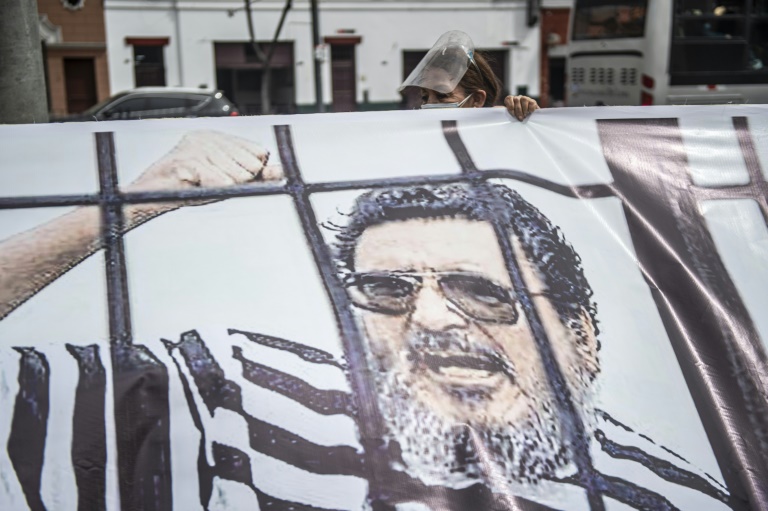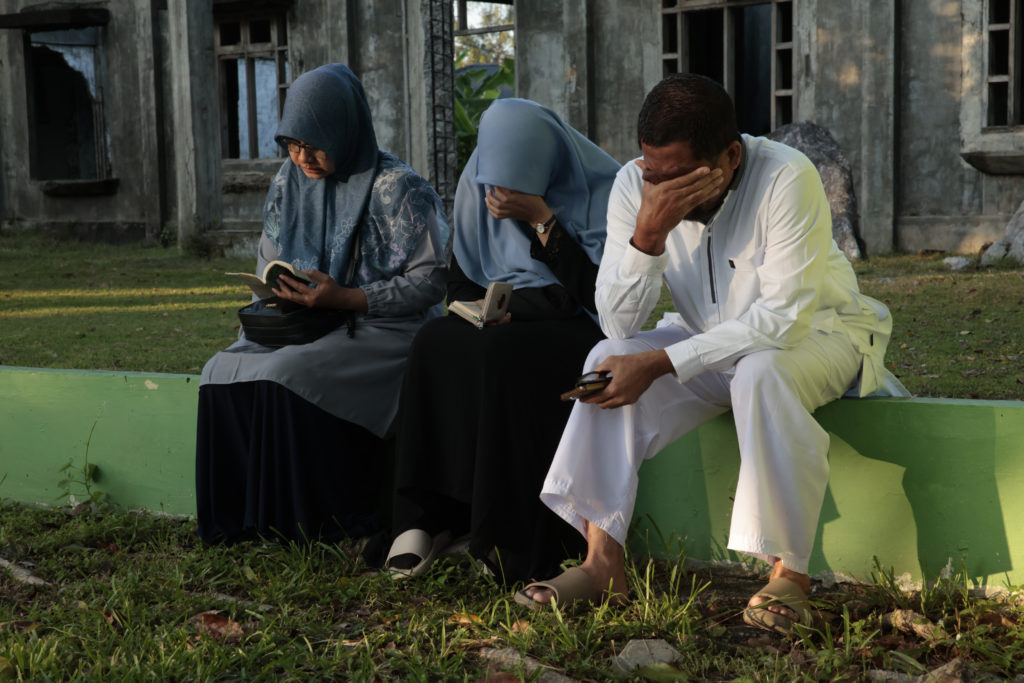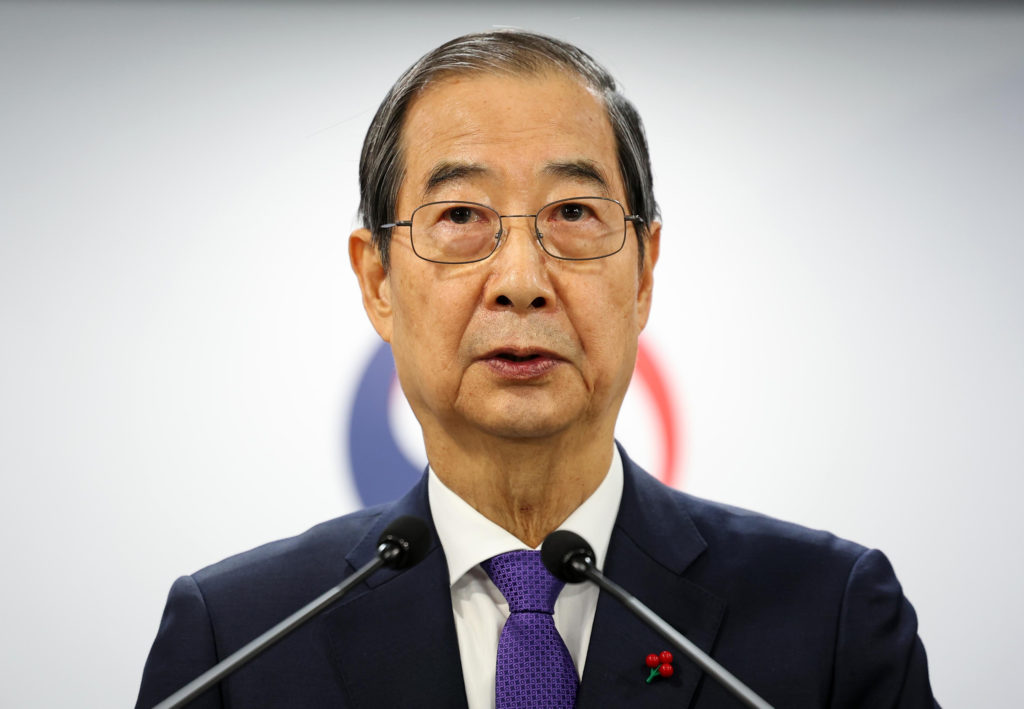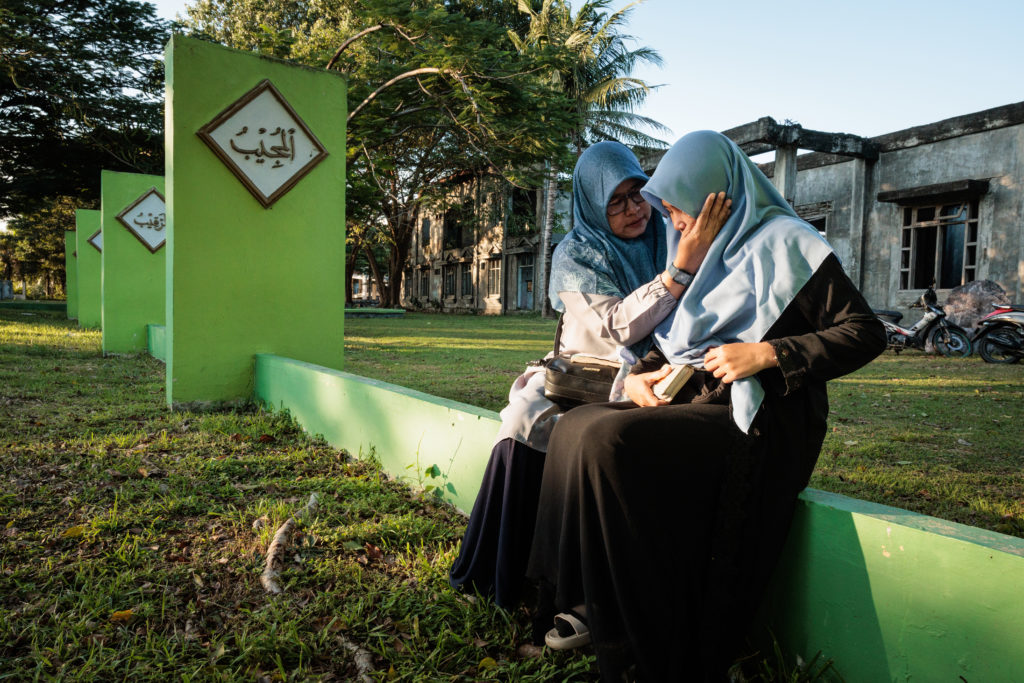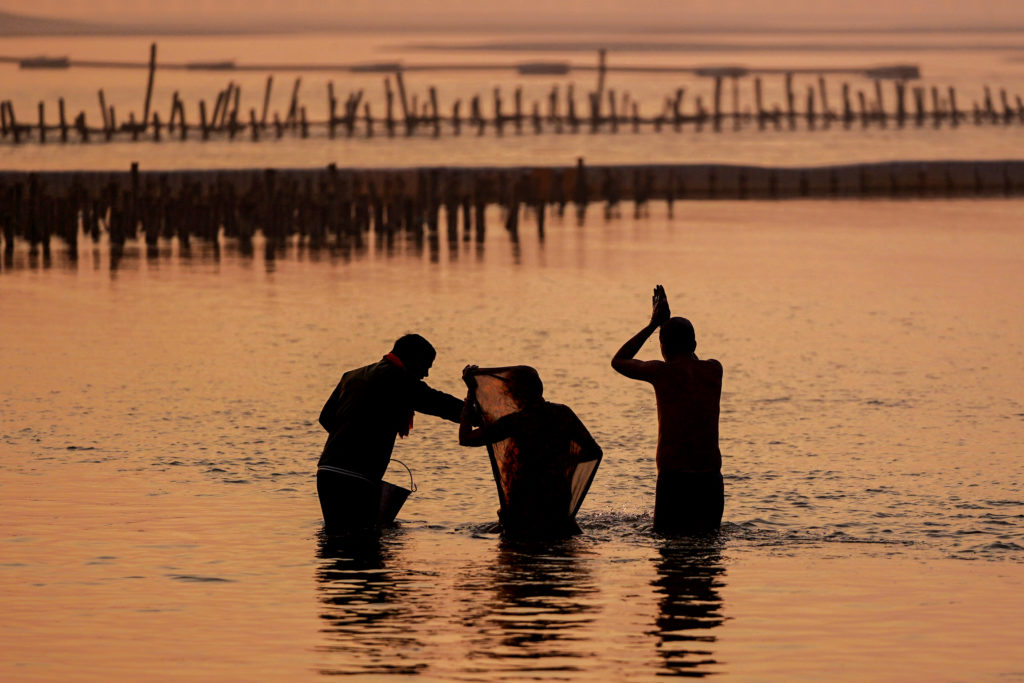Peru’s Congress approved a bill allowing authorities to cremate the body of late guerilla leader Abimael Guzman Thursday, as debate rages over what to do with his remains.
Guzman, the founder of the brutal Shining Path guerrilla group, which spread terror across Peru in the 1980s and 1990s, died on Saturday in a military prison at age 86.
His also-imprisoned widow, Elena Iparraguirre, the Shining Path’s former second-in-command, has requested that Guzman’s body be turned over to her for burial.
But officials were concerned that Guzman’s gravesite could become a rallying point for his followers, and there is widespread support for his body to instead be cremated and the ashes spread in the Pacific Ocean.
The law authorizes judges and prosecutors to decide the fate of the body of a person convicted of terrorism who dies in prison while serving his sentence “in case of possible harm to security and public order,” according to the text.
The bill received 70 votes in favor, 32 against and 14 abstentions during the plenary session broadcast by the Congressional Television Channel. It still needs to be approved by the executive branch.
The body of the former guerrilla is in a morgue of the port of Callao, west of Lima, since his death caused by double pneumonia, an infection that inflames both lungs and has been associated with Covid-19. The body must still undergo more testing.
Guzman was serving a life sentence in the maximum security jail near Lima.
He and Iparraguirre were captured together in September 1992 and married in 2010, despite being held in different prisons.
A former philosophy professor, Guzman was the architect of the Maoist guerilla group’s brutal 20-year attempt to overthrow the Peruvian government from 1980 to 2000. The conflict claimed tens of thousands of lives.
Guzman embraced the brutal guerilla methods of Cambodian dictator Pol Pot, including ordering the massacre of an Andean village in 1984 that left 117 people dead.

